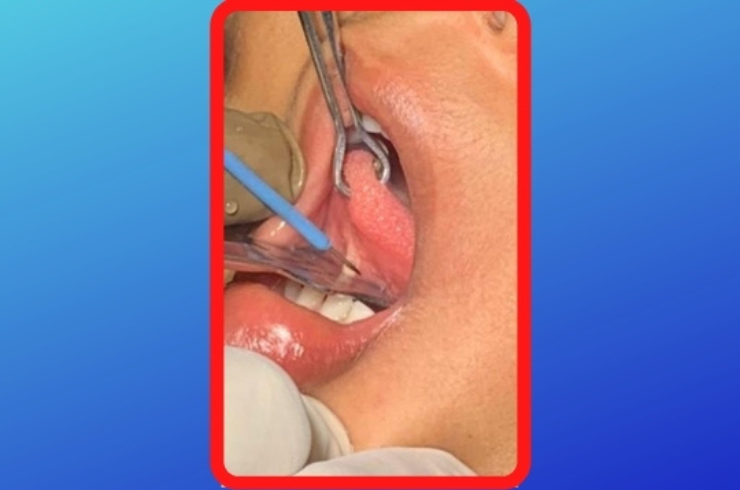
Tongue-tie (ankyloglossia) is a congenital condition where the lingual frenulum, the band of tissue that connects the tongue to the floor of the mouth, is unusually short, thick, or tight. This condition restricts the tongue’s normal range of motion, making it difficult to move the tongue freely. In some cases, this can cause problems with breastfeeding, eating, speaking, and swallowing.
At Asian ENT Care Centre, we specialize in diagnosing and treating tongue-tie in infants, children, and adults. Our experienced specialists offer effective treatment options, ensuring better functionality of the tongue and preventing long-term complications.
Tongue-tie occurs when the lingual frenulum (the band of tissue under the tongue) is too tight or short, limiting the tongue’s ability to move freely. This can affect a range of activities, from breastfeeding in infants to speech development in children. While tongue-tie may cause no problems for some individuals, it can lead to significant challenges in others.
The symptoms of tongue-tie can vary depending on the severity of the condition. Common signs include:
Tongue-tie is usually diagnosed during an oral examination. A pediatrician or lactation consultant will look for signs of a short or tight frenulum by examining the underside of the tongue and its attachment to the floor of the mouth. In severe cases, the tongue may appear heart-shaped or not be able to extend past the lower teeth.
Treatment for tongue-tie depends on the severity of the condition and its impact on feeding, speech, or oral function. While some cases may not require intervention, others benefit from a simple surgical procedure called a frenectomy (or frenotomy).
Frenectomy is a quick, minimally invasive procedure that involves cutting the lingual frenulum to allow for greater tongue movement. This can be performed in the clinic, often without the need for general anesthesia.
For infants: The procedure is typically painless, and local anesthesia may not be needed. Frenectomy is a straightforward, safe procedure with a quick recovery time.
For older children and adults: Local anesthesia is usually applied to ensure comfort, and the procedure is often completed in a few minutes. In some cases, general anesthesia may be recommended, especially for more complex cases.
Like any surgical procedure, frenectomy carries some risks, including:
Frenectomy is recommended if tongue-tie is affecting:
If your baby is struggling with breastfeeding or if you or your child are experiencing difficulties with speech or oral function, don’t wait. Book a consultation with our expert ENT specialists today at Asian ENT Care Centre, Hyderabad, and get a customized treatment plan for tongue-tie.
Schedule your consultation today and start your journey to better health!